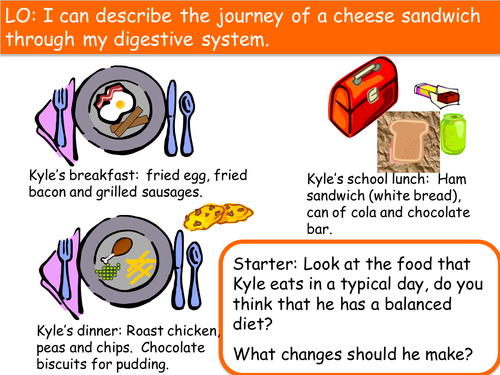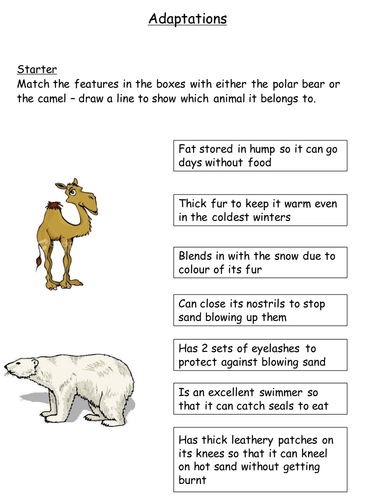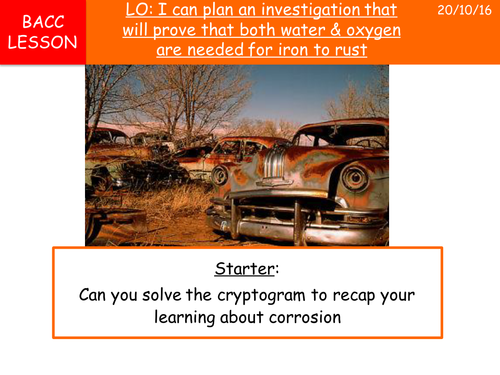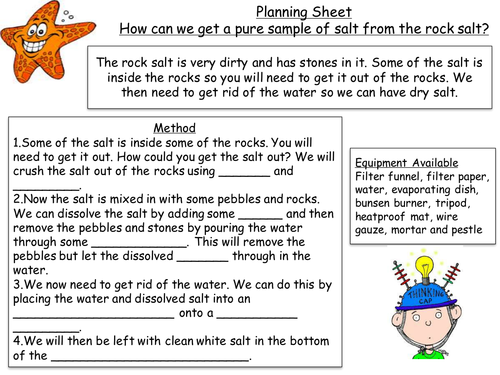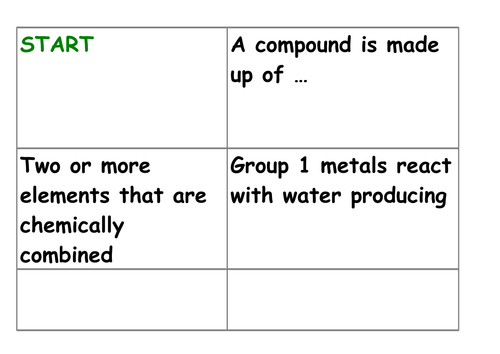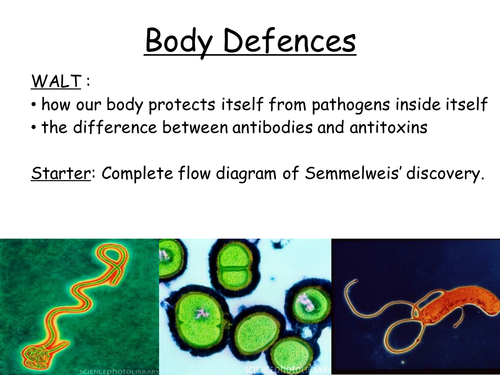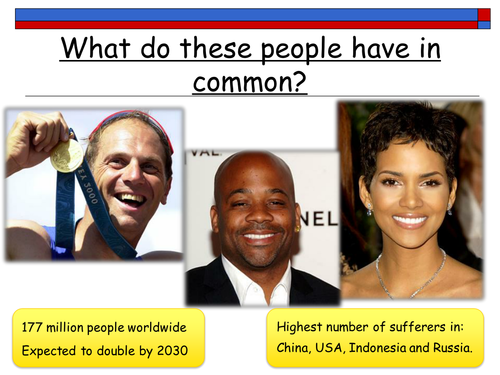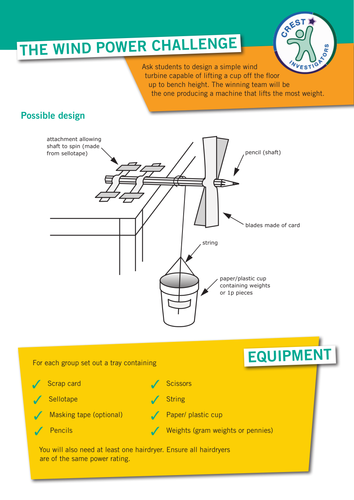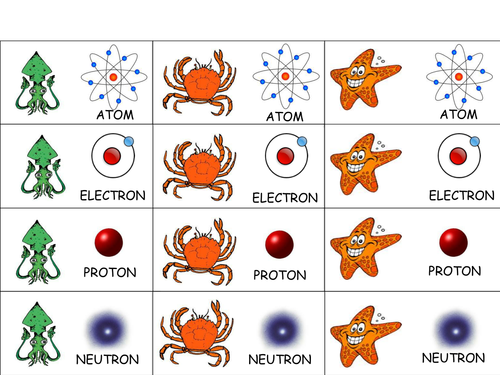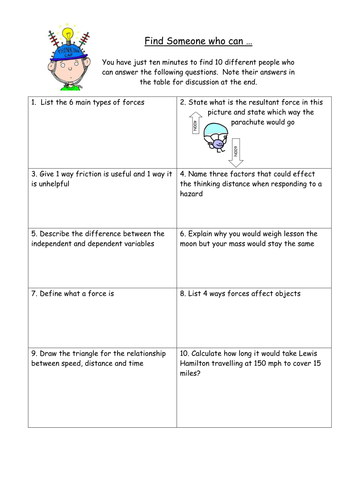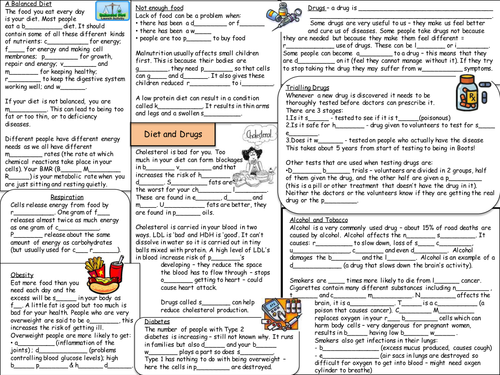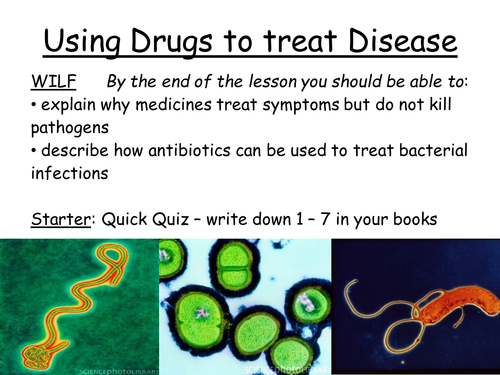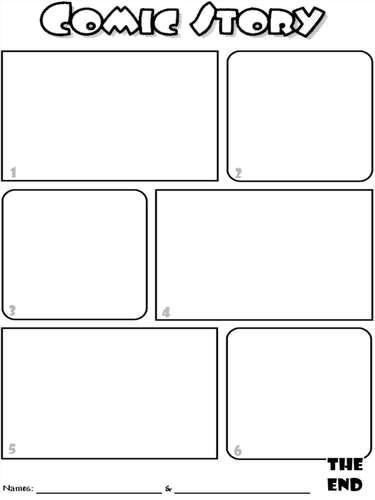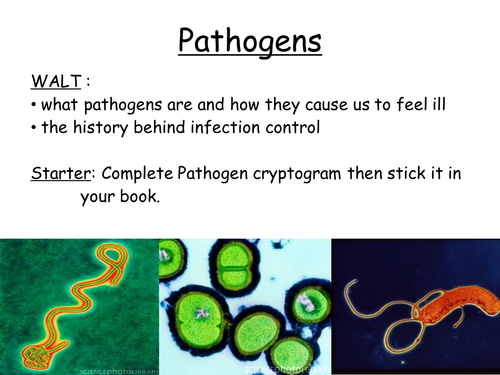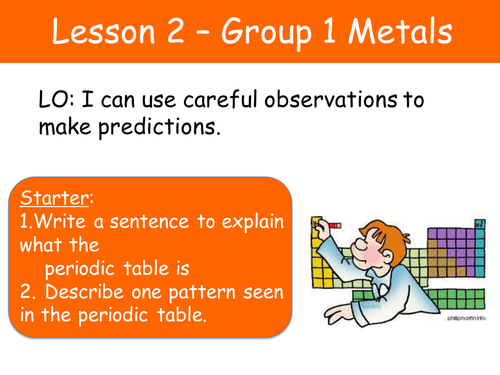Seasquirt's Shop
At the present time I am Head of Science at an independent Prep School. Teaching KS3 Science so the majority of resources are KS3. I teach several year groups in mixed ability sets so most of my resource included differentiated resources to enable all students to engage whatever their ability level. In previous job taught AQA Triple Science so a selection of resources for teaching these concepts also can be found here.

